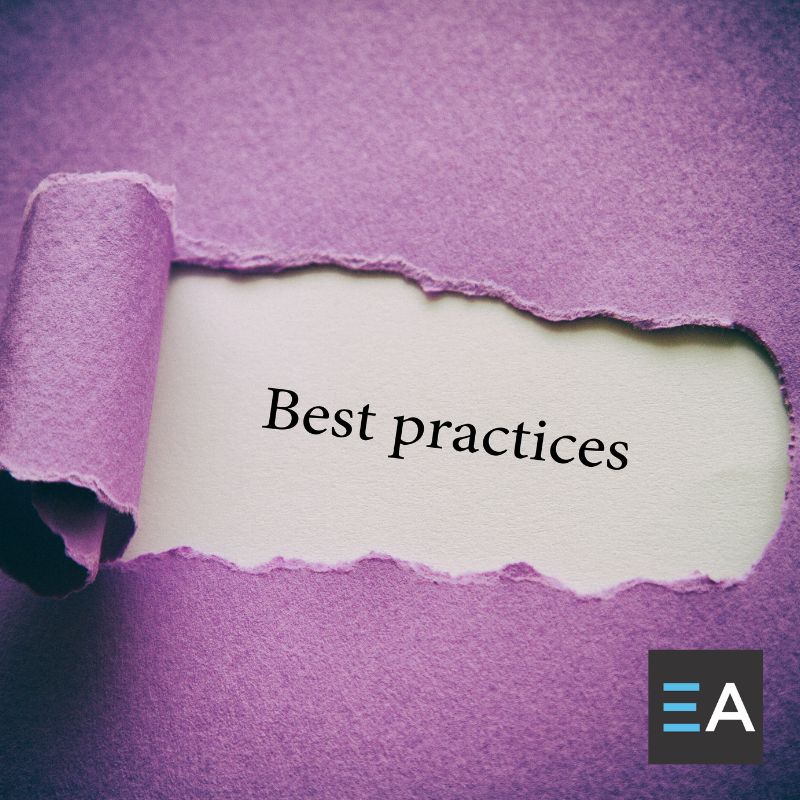
How to Self-Publish a Cookbook, Travelogue, or Other Specialty Book
August 24, 2023
Maximizing the Potential of Your Book: A Guide to Selling on Amazon KDP
August 29, 2023Self-Publishing as a Business: Accounting and Taxes
Are you a content marketer or writer looking to explore entrepreneurship? Have you considered self-publishing as an avenue for monetization? As with any business venture, there are certain financial and legal obligations associated with the endeavor. Knowing how and when to pay taxes and manage your accounting requirements can be overwhelming; How much do I owe in income tax? Do I need to register my business with the IRS or state government? What expenses should I track in order to maximize my deductions come April 15? This post will provide helpful information about self-published authors who are also small business owners, helping ensure your finances stay on track!
Click here to get a quote on publishing services.
Understanding the basics of self-publishing
Self-publishing can be a thrilling adventure for writers, but it can also feel like navigating uncharted waters. Understanding the basics of self-publishing can give you the confidence and know-how to tackle the process head-on. To begin, decide on your publishing platform, such as Amazon’s KDP or Barnes & Noble’s Nook Press. Once you have a platform, choose the format for your book—e-book, print on demand, or both. It’s also important to consider cover design and editing, as well as marketing strategies. By mastering the basics of self-publishing, you can bring your writing to life and share it with the world on your own terms.
Establishing a business entity for self-publication
If you’re considering self-publishing, it’s important to establish a business entity to protect yourself and your assets. Creating a separate legal entity, such as an LLC or corporation, can provide you with liability protection, tax benefits, and the ability to establish credit. It may seem daunting, but there are plenty of resources available to guide you through the process, including online filing services and legal professionals. By taking the time to establish a business entity, you can focus on what you do best—creating and sharing your words with the world.
Setting up an accounting system to track finances
Self-publishing can be a highly rewarding endeavor, both creatively and financially. However, in order to truly thrive as a self-published author, it’s essential to have a solid accounting system in place to track your finances. This can help you keep an accurate record of your income and expenses, as well as enable you to make informed decisions about pricing, marketing, and future investments in your writing career. By taking the time to set up an effective accounting system, you can free up more mental energy to focus on the creative side of self-publishing, knowing that your financial well-being is being properly taken care of.
Keeping records of sales and expenses
As a self-published author, it’s important to keep track of your sales and expenses to get a better understanding of your book’s profitability. Keeping records of sales and expenses can also help you file your taxes correctly and plan future marketing strategies. With the rise of digital publishing, there are many software options available to help you manage your bookselling process, from tracking book sales to automatically importing your expenses. Whether you choose a spreadsheet or software program, taking the time to keep accurate records can save you headaches and money in the long run. So take control of your self-publishing business by keeping detailed records of your sales and expenses.
Calculating your quarterly estimated tax payments
As a self-published author, calculating your quarterly estimated tax payments can seem like a daunting task. However, it is crucial to stay on top of your taxes to avoid any potential penalties or fees. By estimating your tax payments each quarter, you can ensure that you are properly withholding enough money for taxes throughout the year. It may take some time and effort to calculate these payments, but it is well worth it to ensure that you are staying within the legal guidelines of the IRS and keeping your self-publishing business on track. With the right tools and resources, you can make the process of calculating your quarterly estimated tax payments much simpler and stress free.
Working with a professional tax preparer or accountant on year-end filing
As a self-published author, you know the importance of managing your finances and filing your taxes appropriately. However, navigating the complexities of tax law can be overwhelming, and mistakes can be costly. That’s where a professional tax preparer or accountant can be invaluable. By working with someone who understands the ins and outs of self-employment taxes and deductions specific to writers and publishers, you can ensure that you file accurately and potentially save money on taxes. With the end of the year quickly approaching, now is the time to consider partnering with a qualified professional who can help take the stress out of filing your taxes.
With the essence of self-publishing firmly rooted in understanding the basics, it is clear that one needs to keep a close eye on finances and establish business entities. Setting up an accounting system allows effective tracking of sales and expenses, which helps you accurately pay quarterly estimated taxes. Working with a professional tax preparer or accountant at year-end filing ensures that your returns are compliant with IRS procedures. All these steps create a pathway for all new self-publishers to achieve success. Ultimately, pursuing self-publishing should lead to profits while being mindful of having professional financial guidance throughout the journey. To learn more about this process, contact Elite Authors and set yourself up for success today!



